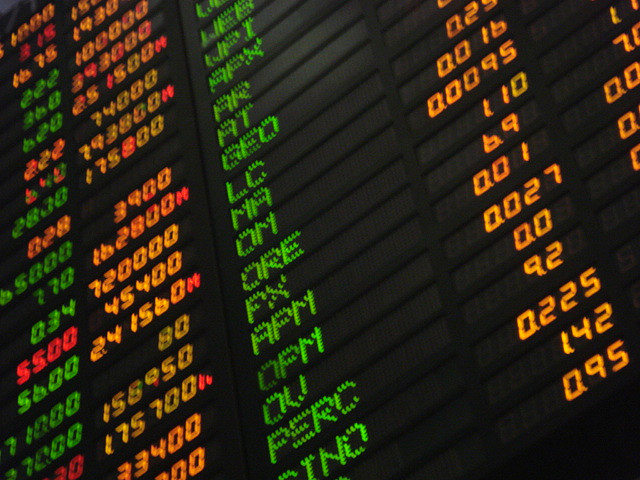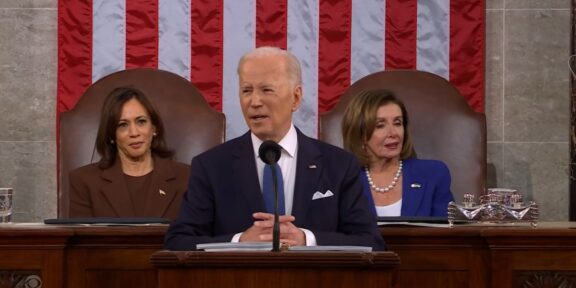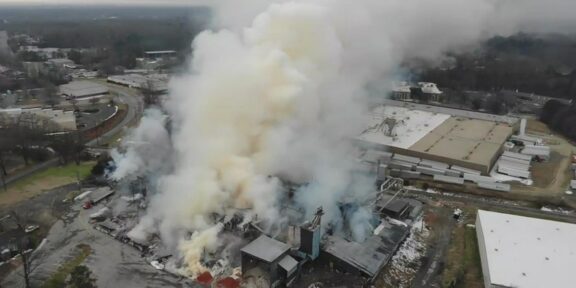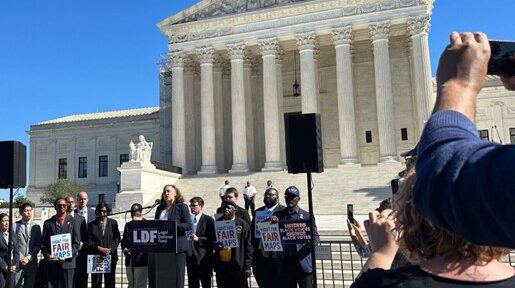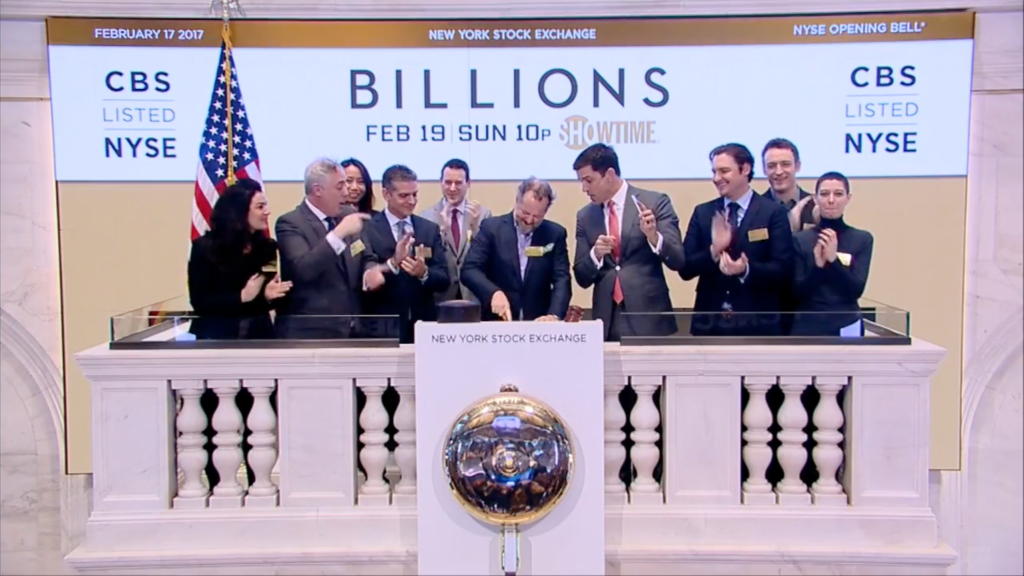By Airielle Lowe
Howard University News Service
After repeated tension between Russia and Ukraine, reports of early morning explosions were followed shortly by the announcement of Russia’s invasion of Ukraine. Russian President Vladimir Putin had previously announced the start of a “special military operation” in Ukraine, where he stated he wished to demilitarize and not occupy the country.
Since then, a raging battle has ensued between the two countries, with the death toll reaching over 137 at the start of the invasion for Ukraine soldiers and civilians picking up weapons to join the sudden war. Fatalities climbed to 726, including 52 children as of Tuesday, according to Rosemary DiCarlo, Under-Secretary General for Political and Peacebuilding Affairs at the United Nations. Ukrainian President Volodymyr Zelensky showed some of this devastation in a video during his impassioned plea to Congress to avoid World War III.
The war is not limited to just Russia and Ukraine however — though these are the only two countries engaged in physical combat as of now. Several countries have launched an economic battle against Russia, and the implications of rising prices following a major country’s outburst has many economic analysts wary of the future. These increases are already being felt everywhere from the stock market to the gas pump.
Sanctions Against Russia
Several countries have issued sanctions — commercial and financial penalties — to condemn Putin’s invasion. The European Union, Japan, Australia, New Zealand, Taiwan, U.S and U.K have implemented export blocks, applied sanctions on Russian banks and issued other measures to cause detrimental impacts on Russia’s financial markets.
Dr. Masoud Kavoossi, a Howard University professor of international business, international business strategy and international management, shared that in the history of sanctions however, the citizens are penalized and punished the most, rather than the leaders.
“The ordinary people are the ones that pay the price,” Dr. Kavoossi said.
This has been a criticism echoed by U.S. citizens after further sanctions imposed by businesses such as McDonald’s, which is officially temporarily closing its stores in Russia, and Visa, Mastercard and American Express, which are suspending operations in Russia.
However, Kavoossi shared that he was unsure if such sanctions would be enough to completely stop the war.
“The history of sanctions [is] very unclear in terms of effectively changing the behavior of countries and governments, let alone a country like Russia which is extremely resourceful,” Kavoossi said.
Stocks Plunge
Following Putin’s invasion, global stocks fell for various countries — with Russian stocks crashing, Hong Kong’s Hang Seng Index (HIS) dropping to its biggest daily loss in five months and London’s FTSE 100 falling by 3.9%.
Stocks plunging in other countries are a result of, “significant investment by non-Russian countries inside Russia, and now all of that is threatened, and subsequently their stocks will go down,” Dr. Kavoossi said.
The ruble, Russia’s official currency, also crashed about 10%. On the day of the attack, Bloomberg reported that Russian billionaires lost a total net worth of $39 million due to plunges within the country’s stock market. The benchmark MOEX Russia Index closed 33% lower in Moscow, which is reportedly the fifth-worst plunge in stock market history in local currency terms.
Stocks reportedly rose on Friday amid news that Moscow is ready to send representatives to talk with Kyiv. However, investors and other legal experts are anticipating fluctuating numbers in the stock market for the days to come.
What’s Rising?
For the first time since 2014, oil prices surged to over $100 a barrel following Russia’s invasion of Ukraine, according to CNN Business and the Wall Street Journal.
Russia ranks No. 2 among the top five countries that account for 50% of global crude oil production. In remarks just before the invasion, President Biden acknowledged the potential rise in gas prices and announced that White House officials were executing a plan “with major oil-producing consumers and producers … to secure stability and global energy supplies.”
“This will blunt gas prices,” Biden said. “I want to limit the pain the American people are feeling at the gas pump. This is critical to me.”
According to the American Automobile Association (AAA), the average price of regular gas is $4.27. It is a 75 cent increase since the start of the attacks.
Citing sanctions that have already been imposed across other countries such as the United States, Venezuela and Saudi Arabia, Kavoossi shared that things could start to look worse as the fighting continues. The United States has lost another major oil producer and citizens are likely to continue to feel that loss at the pump.
“The price has already gone up,” he said. “It could easily go up further. … [Gas] could easily be $7 per gallon.”
Based on 2019 data from the Observatory of Economic Complexity (OCE), Russia is also the world’s top exporter of wheat, with Ukraine ranking lower as an exporter of the product, though still remaining in the top five. Together, they account for roughly 25% of all wheat exports. As a result, the current conflict has the potential for lasting damage on Egypt, the highest importer of wheat, and other countries.
Russia is also reportedly the largest producer of ammonium nitrate, which is a key component of fertilizer.
Additionally, Russia is a major producer of metals, including aluminum, nickel and copper, according to S&P Global Platts, the leading independent provider of information for energy and commodities markets.
Airielle Lowe is a reporter and regional bureau chief for HUNewsService.com.
Updated on March 18, 2022

